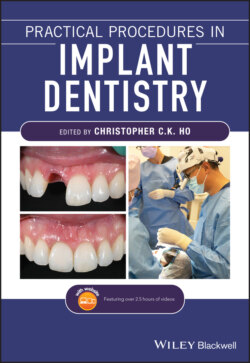Читать книгу Practical Procedures in Implant Dentistry - Группа авторов - Страница 21
2.1.5 Smoking
ОглавлениеIt has been documented that smoking may impair wound healing through the vasoconstrictive effects of nicotine, which may compromise tissue perfusion and vascularity. This also may reduce the tissue capacity to combat infection.
Multiple studies demonstrate a significant relationship between smoking and higher failure rates of implants [2, 7, 8]. Bain and Moy [8] revealed that smokers had more than twice the percentage of implant failures when compared to non‐smokers (11.3 versus 4.8%). Two studies investigated the effect of smoking on initial healing of the implant [7, 9]. They showed smokers had a higher failure rate than non‐smokers, particularly in the maxilla.
Bain [7] found a statistically significant difference between smokers and non‐smokers, as well as between smokers and those who underwent a protocol of cessation of smoking during the period of implant placement and initial healing. Under the protocol suggested by Bain, patients are advised to cease smoking for a minimum of one week prior to and at least eight weeks after implant surgery. The short‐term implant success rates were similar to those who had never smoked. However, long‐term heavy smokers should be informed about the reduced success rate, especially for maxillary implants.
